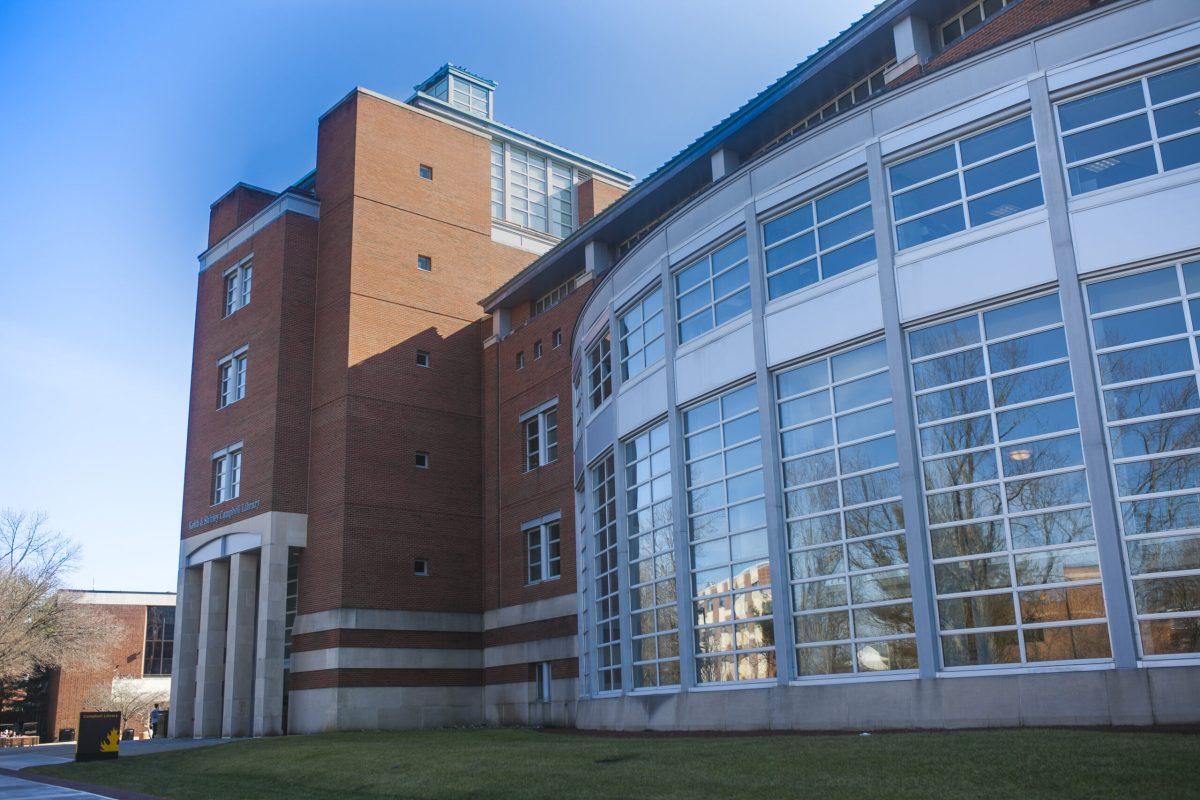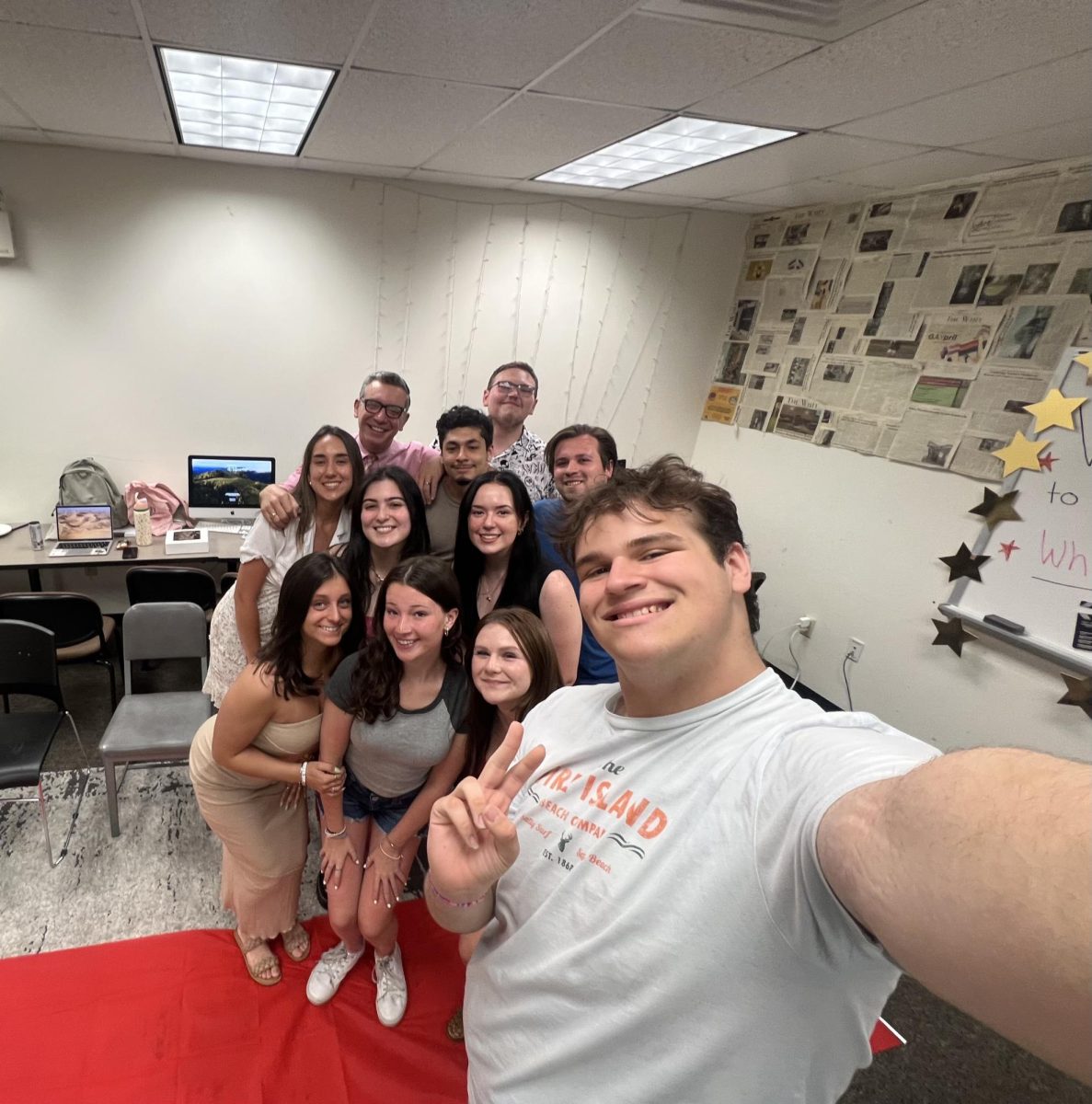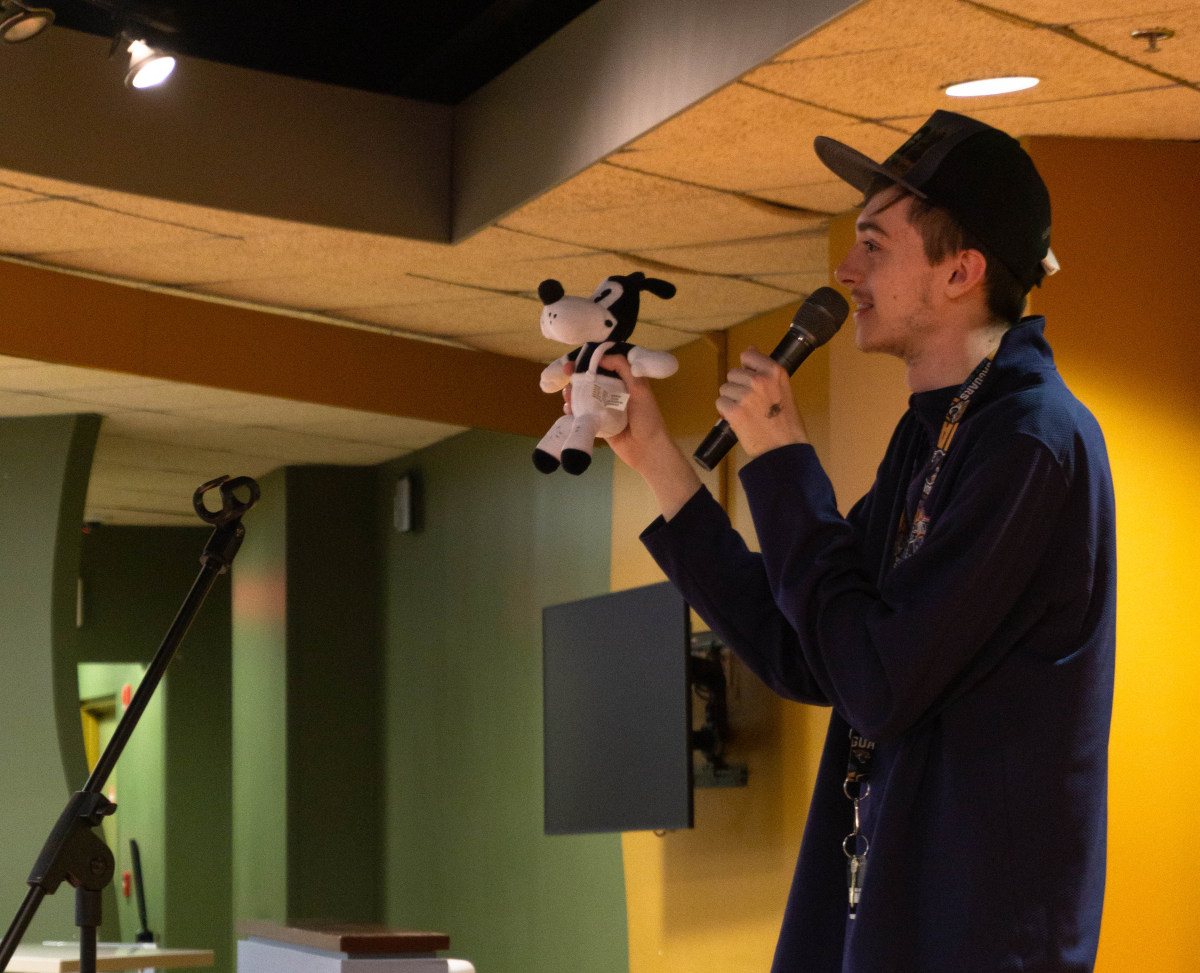Most college students are stressed. And most have probably heard an older adult – one who is either no longer in college or who didn’t attend college – tell them that they dont really have it that hard.
After all, so the thinking goes, if you can’t handle college, how can you possibly handle the real world?
On one hand, it’s true that some college students are a John Belushi character-incarnate. They have all of their living expenses paid for by generous parents, eat pre-prepared meals in dining halls, trudge themselves to class when necessary, and spend weekends drinking themselves half-conscious – and maybe do an hour of homework each night.
For these students, maybe those well-meaning warnings that life will soon become more difficult make sense.
But most college students aren’t John Baluchi. As it turns out, college is, truly, “the real world.” And for many people, college can complicate already stressful life situations.
Understand that college students are often expected to take on multiple life roles. The axiom that you should spend twice as many hours studying each week as you spend in a classroom can quickly turn a full coarse load into the equivalent of a full-time job – the major difference being that classes cost money. As a result, students also tend to pick up jobs that will cover some part of the expenses associated with college.
In many disciplines, experiences which will make students more attractive to potential employers, are also those which are expected to be unpaid.
Imagine playing a sport on this kind of schedule. Imagine participating in research with a faculty member.
Imagine having to fulfill some sort of community service requirement.
Imagine working for EMS, being in a leadership position on a club, or having any kind of interest at all.
Imagine wanting good grades to get into graduate school or a competitive employment program.
Imagine wanting to get in an hour at the gym every day.
Imagine having a family emergency, or a personal health emergency, or even getting sick and feeling run down for a week.
And on top of all of it, you still have to do your laundry and make your bed.
It’s easy to minimize how much human beings require things like friendship and companionship to function. It’s easy to say that it’s only four years – that sleep can wait until after graduation. After all, this isn’t the real world. For now, it’s best to down the energy drinks, to take the B12 supplement, to pull the all-nighters, to do hours of homework and be everywhere and yet nowhere all at once.
But that’s just not sustainable.
When our society subscribes to a notion that college life is easier than that of the real world, what it says is that college should be easy, full-stop. But anyone who has experienced college, even without all of the life factors mentioned above, will tell you that college is not easy. At all.
It’s not just a matter of college students having a lot to deal with that contributes to high levels of stress. It’s also that the expectation is that we’ll be able to float through all of it with grace and ease. Any lapse is a moral failure, so the thinking goes, because once you get to the real world, those lapses will be on your taxes and utility bills instead of just your homework.
This way of thinking doesn’t account for the fact that most post-college salaried jobs compartmentalize workers’ lives into set times for work and set times for leisure. It doesn’t account for the fact that “career-building” and “research” and “networking” are all more or less tied together into the single act of going to work. It doesn’t account for the fact that things like laundry and taxes get easier to manage as you get older.
College students of the 21st century have been trained to optimize our time and our talents and our hobbies in a way that simply doesn’t align with most realistic post-college expectations of labor, or even of effort.
If the “real world” was truly so much harder, why would anybody want to live in it?
Even the kids who are Animal House caricatures are probably out there, feeling the stress, too.
So, no, college doesn’t quite resemble the “real world” that many older adults imagine themselves living in. But as the semester dances around its midpoint and everything starts speeding up, students who experience burnout should know that it’s not a weakness.
It’s normal, and it’s a sign that it’s okay to rest.
For comments/questions about this story, email [email protected] or tweet @TheWhitOnline.

























































































































































!["Working with [Dr. Lynch] is always a learning experience for me. She is a treasure,” said Thomas. - Staff Writer / Kacie Scibilia](https://thewhitonline.com/wp-content/uploads/2025/04/choir-1-1200x694.jpg)


















































